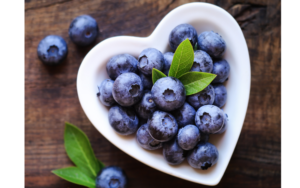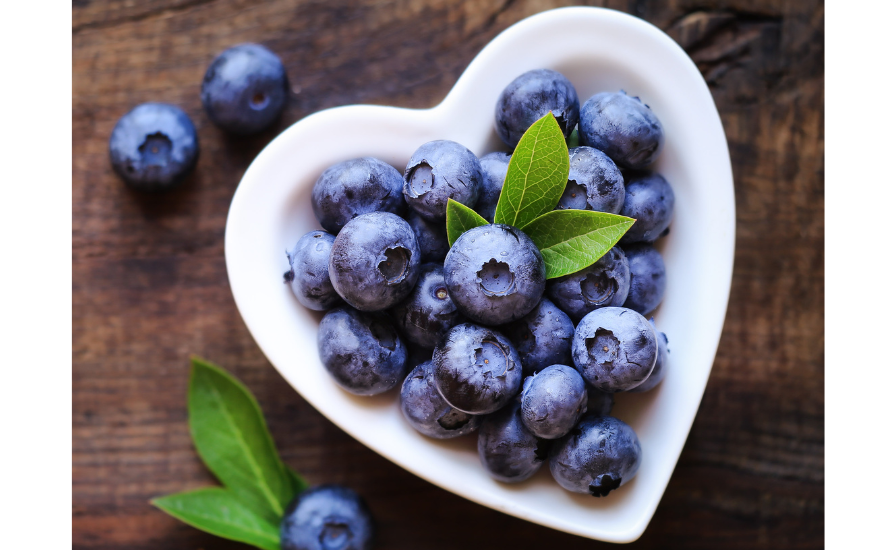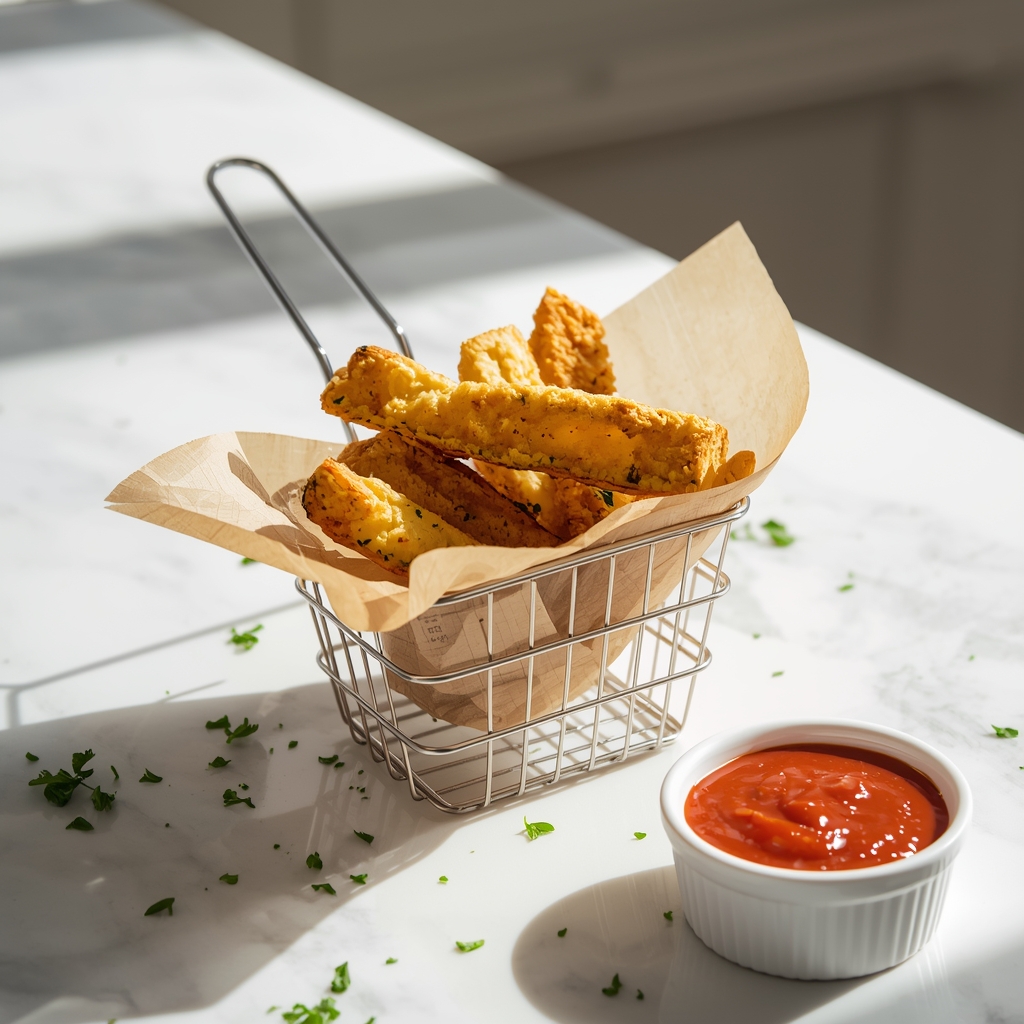As a seasoned shopper and a fan of nutritious snacks, I often turn to Costco for my grocery needs due to their reputation for quality and value. Among the various items I regularly purchase, blueberries stand out as a recurring favorite. This is not just because of their delightful taste and versatility in recipes, but also because Costco offers them in both conventional and organic options under their Kirkland Signature label, ensuring that I have choices that fit my preferences and budget.

Costco’s ample selection of blueberries means that I can enjoy these succulent fruits fresh, incorporate them into my morning cereal or yogurt, or use them as a key ingredient in baking. The store’s commitment to providing high-quality produce at a reasonable price is evident in their consistent supply of plump, flavorful blueberries. Moreover, shopping for blueberries and other produce at Costco allows me to buy in bulk, which is particularly useful when I’m preparing dishes for family gatherings or storing them for later use.
Key Takeaways
- I choose Costco for their quality blueberries, available as both organic and Kirkland Signature selections.
- Blueberries from Costco are versatile for various recipes and offer great taste and nutrition.
- The affordability and bulk quantities at Costco make it convenient to stock up on fresh blueberries.
Benefits of Costco Blueberries
Costco blueberries are celebrated not only for their taste but also for their impressive health benefits. These berries are a nutritional powerhouse, offering a variety of advantages, from supporting heart health to providing vital nutrients.
Nutritional Value of Blueberries
Blueberries are a low-calorie source of essential nutrients. A single cup contains just 84 calories but provides 24% of the recommended daily allowance of Vitamin C and 14% of dietary fiber, critical for digestive health. Furthermore, these berries are particularly rich in antioxidants such as anthocyanins, which have been linked to a myriad of health benefits, including a reduced risk of cardiovascular disease. The antioxidants in blueberries can neutralize free radicals, which may help in preventing a range of diseases.
Organic vs Non-Organic Blueberries
When choosing between organic and non-organic blueberries, one may consider the environmental and possible health impacts. Organic blueberries are grown without synthetic pesticides or fertilizers, possibly resulting in a cleaner berry. Also, some prefer organic for its environmentally friendly cultivation practices. Non-organic blueberries, on the other hand, tend to be less expensive and more widely available. It’s important to note that both types contain sugar, but it’s natural sugar, which poses less of a health risk than added sugars when consumed in moderation. Whether you opt for organic or non-organic, you’ll still benefit from the nutrition and fiber these fruits provide.
Costco’s Blueberry Selection

In my visit to Costco, I’ve noticed an impressive variety of blueberry offerings, showcasing a balance between quality and value especially with their Kirkland Signature line and other branded products.
Comparing Kirkland Signature and Other Brands
Kirkland Signature blueberries are praised for their quality. When I examined the Kirkland Signature Grade A Frozen Whole Blueberries at Costco, I found them to be plump and flavorful, which is a testament to Costco’s commitment to providing high-quality products. In comparison to other brands available on-site, the Kirkland Signature line often offers equivalent or superior quality, which can be attributed to Costco’s direct involvement in the sourcing and distribution process.
Compared to other brands available at Costco, like the Premium Blueberries sold via Costco Business Delivery, the Kirkland Signature brand often comes out as more cost-effective for both fresh and frozen options. This is not to undervalue the other brands that Costco stocks, as they too are chosen based on quality standards. However, the popularity and trust in Kirkland Signature among Costco’s membership base are strong indicators of its quality.
Understanding Pricing and Size Options
Pricing for blueberries at Costco varies, with the season and market affecting the cost. The 18 oz package of premium fresh blueberries typically represents a great deal, with possible fluctuations as noted on the product description page. For larger needs, such as bulk baking or smoothie preparation, the Kirkland Signature Grade A Frozen Whole Blueberries come in a 2 kg bag, offering significant savings for the quantity.
Size options at Costco cater to both individual and commercial needs. For personal consumption or small families, smaller packages like the 18 oz fresh blueberries might be ideal. Those preparing food in larger quantities, or wanting to stock up, might opt for the larger size, like Kirkland’s 2 kg frozen blueberries. Costco’s flexibility in product sizing ensures that both small-scale and bulk purchasers can find what they need. The constant across sizes and brands at Costco is a commitment to providing members with high-quality fruit at competitive prices.
Using Blueberries in Recipes
When incorporating blueberries into dishes, I focus on their versatility and ability to enhance both sweet and savory recipes. Whether you’re working with fresh or frozen blueberries, there’s a multitude of ways to include these nutritious berries in your meals.
Baking with Blueberries
In baking, blueberries add a burst of flavor and a touch of natural sweetness to various pastries. For example, a classic blueberry muffin recipe can be elevated by gently folding in fresh blueberries to avoid crushing them, which can tint your batter blue. When baking with frozen blueberries, it’s best to mix them in frozen to maintain their shape and prevent bleeding. Here’s a simple breakdown of how to use blueberries in baked goods:
- Blueberry Pancake: Simply sprinkle blueberries onto the pancake as it cooks on the first side.
- Blueberry Cake: Mix blueberries with a small amount of flour before adding them to the batter to evenly distribute them without sinking.
My Blueberry Lemon Loaf delicately balances the tartness of blueberries with the zest of lemon for a refreshing twist.
Healthy Snack Ideas
Blueberries work exceptionally well as a key ingredient in healthy snacks. I often recommend tossing a handful of blueberries into a summer salad for a nutritious boost. Also, creating a vegan blueberry smoothie is as easy as blending together blueberries, plant-based milk, and your favorite vegan protein powder.
For a quick snack, consider the following options involving blueberries:
- Yogurt Parfait: Layer Greek yogurt with blueberries and a sprinkle of granola.
- Blueberry Energy Bites: Pulse blueberries with oats, nut butter, and honey in a food processor and roll into balls.
Cooking with blueberries, especially when exploring Costco’s variety of blueberries, is straightforward and can significantly elevate the nutritional profile of your meals. Whether fresh or frozen, they are an excellent addition to both baking endeavors and healthy snacks.
Shopping Tips for Blueberries at Costco
When I shop for blueberries at Costco, I focus on finding the best balance between quality, freshness, and cost-effectiveness. With a keen understanding of Costco’s practices, including their generous return policy and membership benefits, I can navigate their offerings to get the best value for my money.
Best Times for Freshness and Availability
I make it a point to shop for blueberries during their peak season, which typically runs from June to August in the Northern Hemisphere; this is when I find Costco’s blueberries to be the freshest. Additionally, Costco restocks produce early in the morning, so I plan my shopping trips shortly after they open to ensure I get the best selection. Keep in mind that product availability can vary between Costco warehouses, so it’s wise to check your local store’s inventory if you’re seeking organic options.
- Morning: Best for freshest restock
- June-August: Peak season for blueberries
Understanding Costco’s Return Policy and Membership Benefits
As a Costco business membership holder, I appreciate the exclusive early shopping hours, which give me an edge in finding the freshest blueberries. With a tobacco resale license, businesses can even sell the products they purchase, but this primarily involves products other than perishable goods like blueberries. The return policy at Costco is very straightforward; if I’m ever dissatisfied with the quality of the blueberries—or any product—I know I can return them hassle-free. This guarantee ensures that my purchases are protected, which I value greatly. Here’s the gist:
- Return Policy: Satisfaction guaranteed, return anytime if not satisfied
- Membership Benefits:
- Early shopping hours for business members
- Ability to purchase items for resale with appropriate licensing (non-perishable goods mainly)
Risks and Considerations

As I explore Costco’s blueberry offerings, it’s important to consider both the benefits and the potential risks associated with these popular berries. In the following sections, I’ll detail the specifics about pesticide use, certifications, storage, and the shelf life of blueberries.
Pesticides and Certifications
When it comes to pesticides, my focus is on the importance of safe cultivation practices. I always double-check for products that have certifications to ensure there are minimal pesticide residues. Costco’s Kirkland Signature blueberries may come in both conventional and organic varieties. The organic options provide ease of mind for those of us wary of chemical pesticides, as organic blueberries are grown according to strict USDA guidelines.
Moreover, Costco has a quality promise, and for those seeking assurance, Costco’s blueberries—whether Kirkland Signature or other brands—often align with various quality certifications, including kosher. In case of any quality concern, Costco’s return policy is notably generous, allowing customers to feel confident about what they purchase.
Storage and Shelf Life
Proper storage is crucial for maintaining the nutrients and extending the shelf life of blueberries. Fresh blueberries need refrigeration and should be stored in a covered container. I check them frequently, removing any berries that start to degrade to protect the remaining batch. Fresh blueberries typically last in the fridge for about 10 to 14 days.
For longer storage needs, frozen blueberries serve as a superb alternative, retaining most of their nutrient content and acid which helps with preservation. Freezing can extend the shelf life considerably, allowing them to be kept for several months. When freezing, I spread my blueberries out on a baking sheet to freeze individually before transferring them to an airtight container or freezer bag. This ensures the blueberries do not clump together and are easier to use in various recipes over time.
Frequently Asked Questions

In this section, I’ve compiled a list of the most common inquiries concerning Costco’s blueberries that customers have. These specifics can assist shoppers in making informed decisions.
What is the price range for blueberries at Costco?
Prices for blueberries at Costco can vary, typically depending on the season and market conditions. As per the listed Costco Business Delivery prices, 18 ounces of premium blueberries are competitively priced, but the cost may fluctuate.
Can you find organic blueberries at Costco?
Yes, Costco offers organic blueberries in their stores. Availability may differ by location and season. Shoppers seeking organic options often find what they’re looking for at Costco.
Are there differences in nutritional value between fresh and frozen blueberries available at Costco?
The nutritional value of fresh and frozen blueberries available at Costco is relatively similar. Freezing can slightly alter the texture, but it does a good job of preserving the nutrients.
Has there been a recall on blueberries from Costco recently?
To my knowledge, there has not been a recent recall on Costco blueberries. Shoppers should always check the latest news and store notices to stay up-to-date with product safety.
What are the reviews saying about the quality of Costco’s blueberries?
Customer reviews typically highlight that Costco’s blueberries are large and sweet, with occasional variation in experiences. Many shoppers report satisfaction with the quality of the berries.
Do Costco’s Kirkland brand blueberries have a known origin?
Costco’s Kirkland brand blueberries often feature information about their origin on the packaging. The source can vary, but Costco is known to prioritize quality produce from reputable suppliers.

*We may earn a commission for purchases made using our links. Please see our disclosure to learn more.



